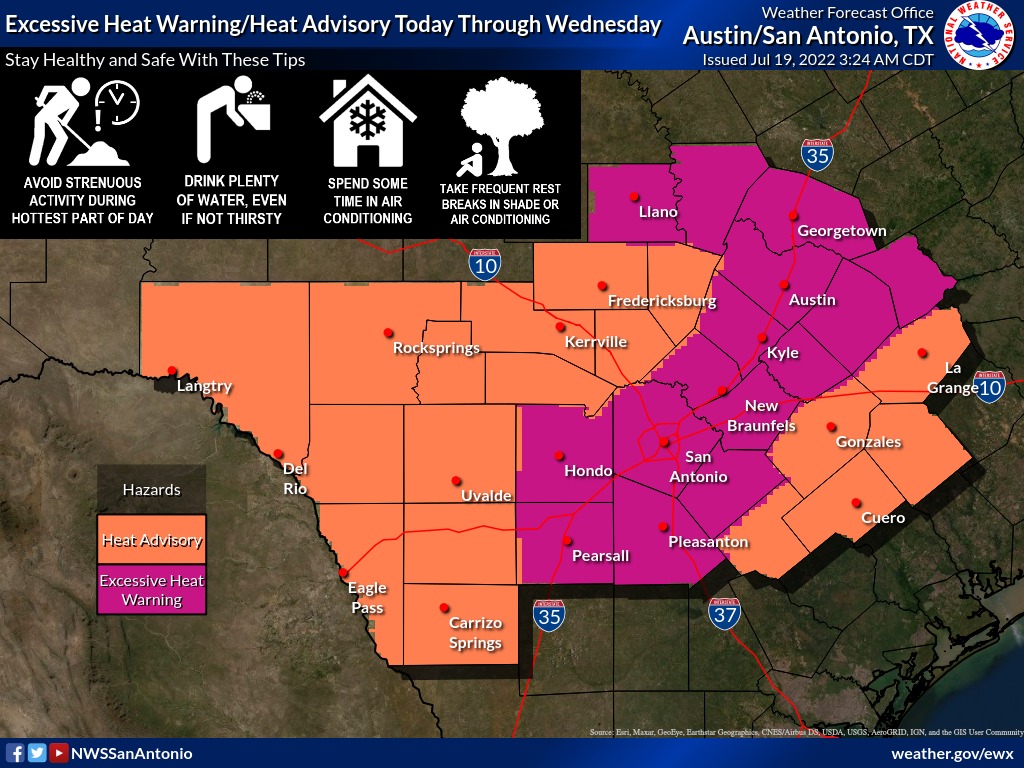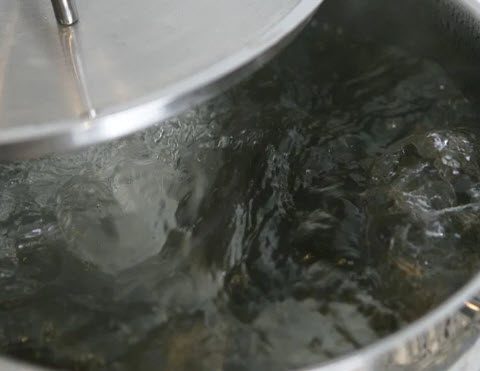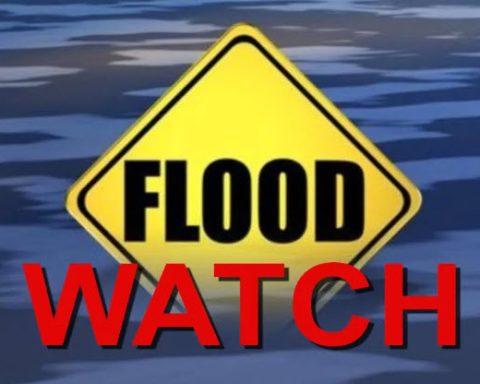An excessive heat warning is in effect until 9 p.m. Wednesday for the Canyon Lake/New Braunfels area.
The U.S. National Weather Service Austin-San Antonio urges the public to practice proper heat safety as temperatures in Canyon Lake could rise to 105 degrees today.
New Braunfels, San Antonio, Kyle and Austin are included in a purple swath on today’s weather map. A heat advisory is in effect for cities in surrounding counties.
The region will experience some “cooling off” later this week but temperatures will remain above normal.
Anyone outside in the heat should avoid strenuous activity during the hottest part of the day, drink plenty of water even if not thirsty, spend some time in air conditioning and take frequent rest breaks in shade or air conditioning.
At particular risk are:
- Young children and infants, who are particularly vulnerable to heat-related illness and death, as their bodies are less able to adapt to heat than are adults.
- Older adults, especially those with preexisting diseases, who take certain medications, who alone or with limited mobility. Those exposed to extreme heat can experience multiple adverse effects.
- People with chronic medical conditions. They are more likely to have a serious health problem during a heat wave than healthy people.
- Pregnant women are also at higher risk. Extreme heat events have been associated with adverse birth outcomes such as low birth weight, preterm birth, and infant mortality, as well as congenital cataracts.
Cars should be locked — even in driveways — to prevent children from playing inside them. Kids can die in as few as 10 minutes.
For more information about the danger of excessive heat, one of the leading weather-related killers in the United States, visit weather.gov/safety/heat.




